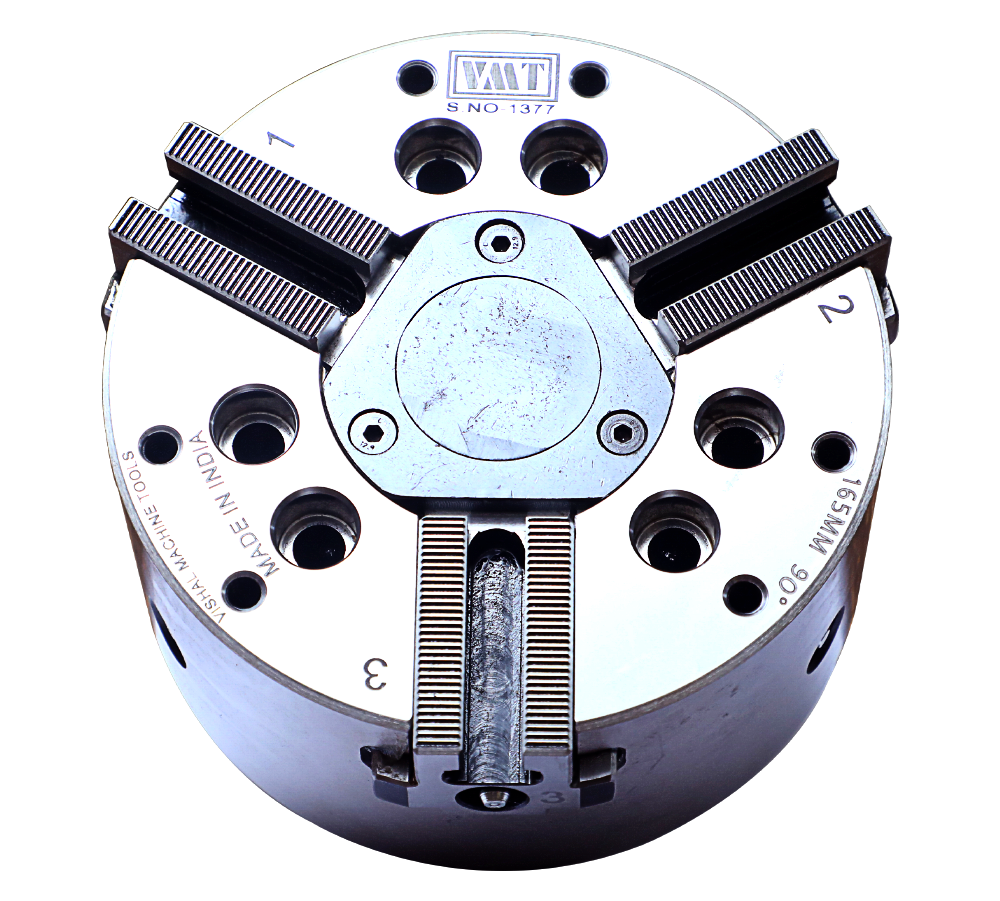How to Match Stop Collars with Centralizers for Maximum Efficiency?
“Why does the centralizer keep sliding down the casing string?” If you've ever muttered this under your breath (or shouted it across the rig floor), you're not alone. In the world of oilfield operations, a mismatched stop collar and centralizer combo is like wearing flip-flops to a marathon—technically possible, but not smart.
This guide breaks down how to match stop collars with centralizers for maximum efficiency so you can cut non-productive time (NPT), prevent downhole disasters, and impress your drilling supervisor all in one go.
Oh, and if you're hunting for stop collars manufacturers in India, stay with us. We’ll point you in the right direction.
Why Stop Collars Matter More Than You Think
Stop collars might be small, but they
play a huge role in ensuring
centralizers stay in place during casing running. When centralizers slide out
of position, your casing gets off-center. That leads to poor cementing jobs,
weak zonal isolation, and expensive remediation.
Quick Refresher: Types of Stop Collars
Depending on your well conditions, casing specs, and installation preferences, you’ll be choosing from:
|
Type |
Installation |
Best Use Case |
|
Set Screw |
Tightened with tools |
High-load environments, deep wells |
|
Friction Fit |
Hammered into place |
Shallow wells, cost-sensitive projects |
|
Hinged |
Clamped and bolted |
On-site adjustability, large OD casing |
Centralizers + Stop Collars: Getting the Fit Right
Matching isn’t just about size—it’s about
grip strength, axial load tolerance, and compatibility with casing OD. A
mismatched pair can slip under torque, get stuck in the wellbore, or even
deform under pressure.
Here's how to nail the match:
1.Know Your Centralizer Type
○
Bow-Spring? You need collars that can handle
more drag force.
○
Rigid? Go with a collar that won’t deform
under compression.
- Consider the Casing Size & ID Tolerance
○
A stop collar with too much
clearance = slippage city
○
Too tight? Risk of damaging the
casing.
- Environment Matters
○
High-temp wells? Opt for collars
tested for thermal expansion.
○
Offshore or deepwater?
Field-proven set screw collars perform best.
- Look for Tool-Free Install Options
○
Reduce rig time and injuries. Some
hinged collars snap on in seconds.
Final Thoughts
Matching stop collars and centralisers is
more than just a box to be checked. It increases efficiency. When done right,
it makes cementing better, cuts down on downtime, and gets rid of the need to
redo work. When you buy from stop collar manufacturers or stab in stinger
suppliers in India, make sure they offer the following:
●
Full charts of compatibility
●
Options for custom sizes
●
Quick shipping and help in your
area
At the end of the day, the best tools are
the ones that keep you drilling and not fixing things.
Contact Us @+919910810792



Comments
Post a Comment